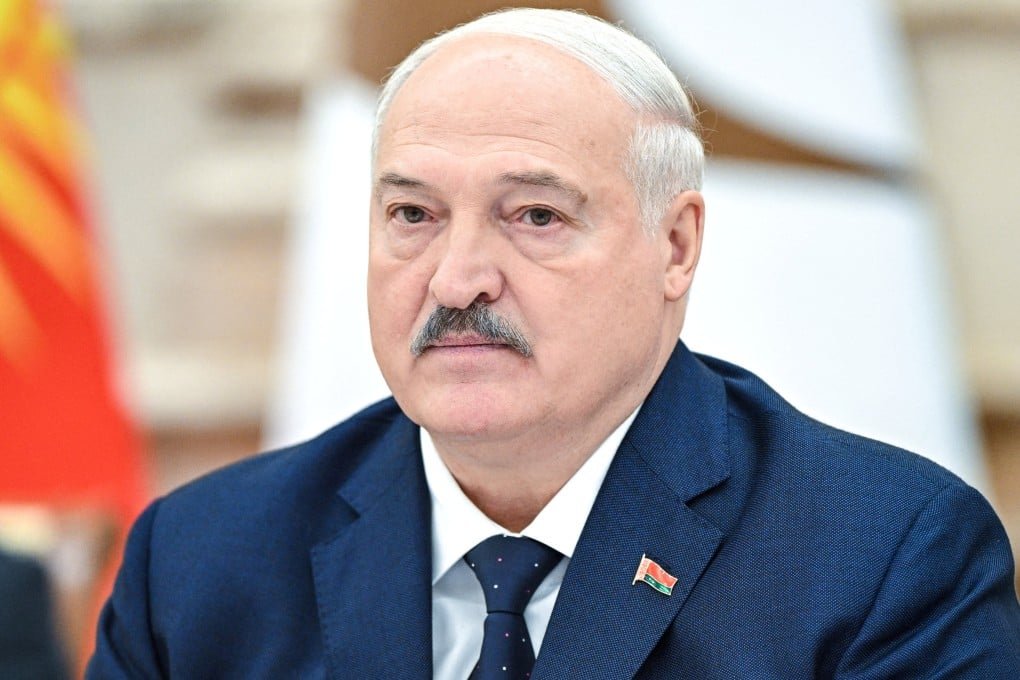President Alexander Lukashenko of Belarus revealed that President Vladimir Putin personally refused to authorize a strike on Kyiv’s government buildings, possibly including the Office of Ukraine’s president—with the advanced Oreshnik hypersonic missile, stating in an interview with Chinese media that Putin replied “Under no circumstances” to the proposal. Lukashenko emphasized that, despite Russia’s capability, the decision reflects Moscow’s willingness to pursue a peaceful resolution.
The Oreshnik, a Russian intermediate-range ballistic missile distinguished by speeds exceeding Mach 10 and equipped with multiple warheads, is considered highly difficult to intercept. Lukashenko warned of its destructive power, suggesting that any strike against “decision-making centres” in Kyiv would have left “nothing left of them”.
This account indicates internal deliberations within the Russian leadership regarding escalation and restraint. Lukashenko framed Putin’s restraint as a gesture of calculated diplomacy rather than mere hesitation. He used the disclosure to reinforce Belarus’s role as a mediator and once again called for an immediate ceasefire, suggesting such restraint could pave the way for renewed peace talks.
The statement arrives amid heightened tensions in the region, as both Belarus and Russia navigate international pressures and mounting conflict risks. While it underscores Moscow’s capacity for significant force, it also signals that overt escalation particularly against civilian or political targets remains politically sensitive.





